Robin Thicke’s misogynistic summer hit reads rape
photo courtesy of Interscope Records
Thicke’s response to criticisms of “Blurred Lines” has been largely non-committal.
When the catchy, poppy, “song of the summer” comes on, its hard not to hum along, but while it has incredibly varied vocals and a unique layered sound, “Blurred Lines” contains a damaging message beneath its falsetto oohs and ahhs.
The track, released at the end of March, was written by singer Robin Thicke, known for dance hits since the early two thousands but also features rapper T.I. and R&B singer Pharrell. It has received mostly positive reviews, and was lauded for similarities to the style of the late Marvin Gaye. However, as the song reached the top of the Billboard Top 100, people started to notice how questionable the lyrics actually were.
There are a variety of reasons why “Blurred Lines” can be perceived as sexist or misogynistic. For instance, a look at the song’s lyrics reveal a proposed “grey area” of sexual consent. Line by line, the dance hit suddenly becomes revolting with lyrics supporting the ideas of rape and date rape.
Now, what exactly is this “blurred line”? While at first listen it may seem to be describing the dizzying effects of intoxication, a second and far more sinister meaning is shown in the repetitive chorus line, “I know you want it.” These lines describe what Mr. Thicke think of as “blurred lines” of consent, whether or not a woman is capable of making choices about sexual relations, and whether the male should take advantage of that.
The apparent “knowledgable” part of “I know you want it” makes it even creepier. There is no way to magically “know” the wishes of other people, and to deny them the right to consent to sexual behaviour promotes rape.
Adding to that unsettling vibe is, “the way you grab me, must wanna get nasty.” This is another presumptuous statement, this time adding “must,” making the previously vague commanding atmosphere concrete. By the point Robin Thicke reaches the line “go ahead, get at me” there’s nothing this writer would rather do than get very, very far away from him and his off-putting message.
As if the lyrics weren’t skin-crawling enough, the music video was released with powerful sexist themes. The women portrayed were gratuitously naked, while the men wore suits, symbols of power. The men in the video are portrayed in an almost predatory way–whereas the women look like complacent faces, repeatedly acting without emotion to even the rudest of gestures. A scene depicts Robin Thicke blowing cigar smoke into the face of one of these women, a incredibly degrading action with lots of impact. However, still, the women consent, acting more as objects than people, voiceless and placid.
Holding the idea that sexual consent has an grey area, where “yes” and “no” may not be so clear, is not only untrue, but grounds for rape charges. If a woman is too drunk to make clear decisions and is taken advantage of, it’s rape. If a woman says no, despite what insight Robin Thicke or anyone else may seem to think they have disregarding this, it’s rape. These lines aren’t very blurry. Don’t sleep with someone who is incapable of decision making. No means no. Not blurry at all.

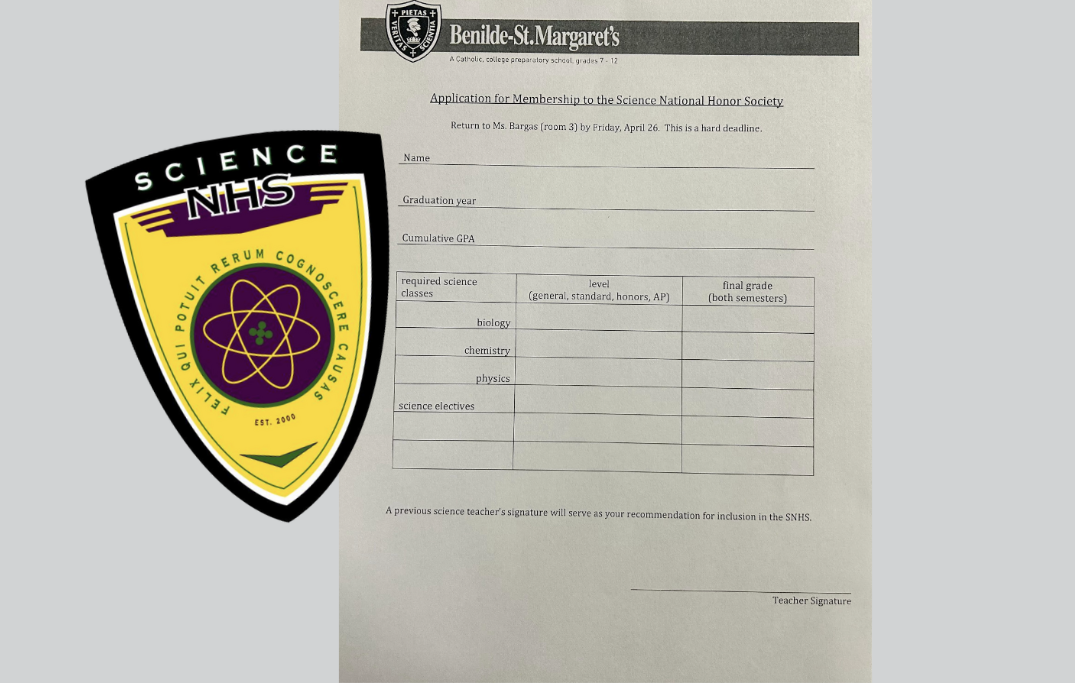
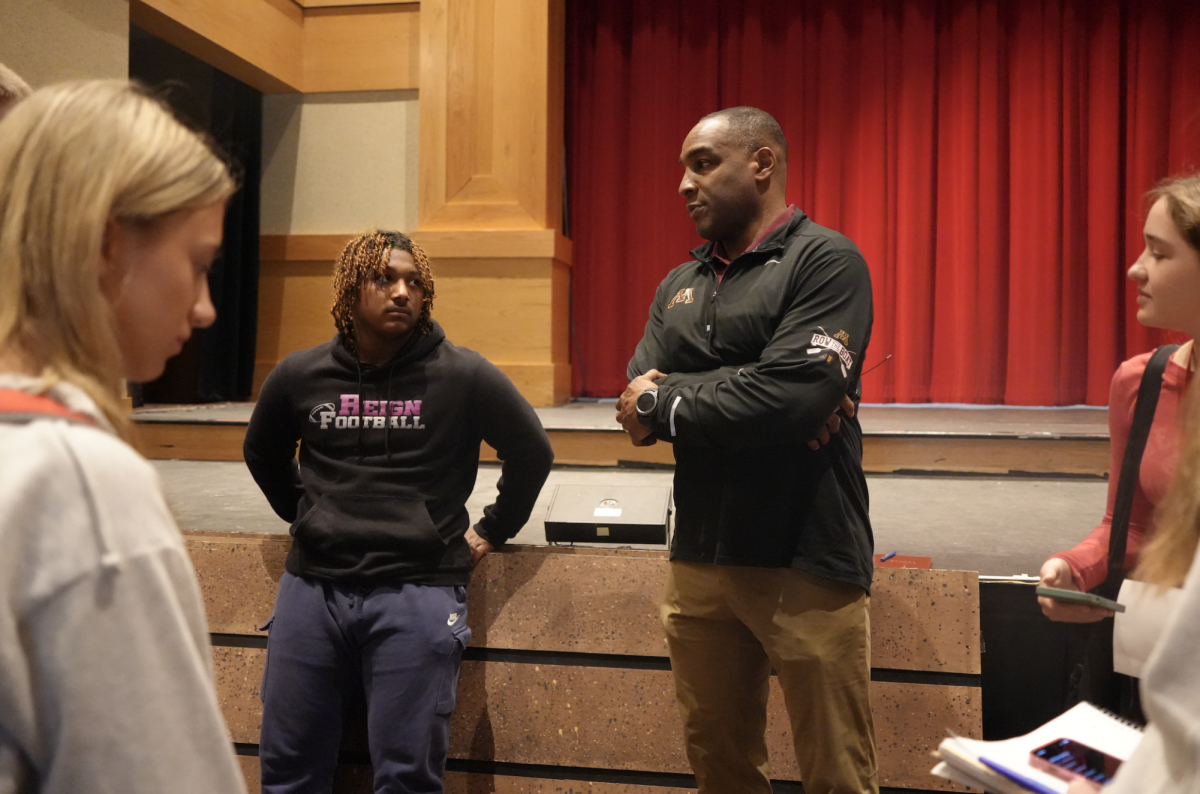



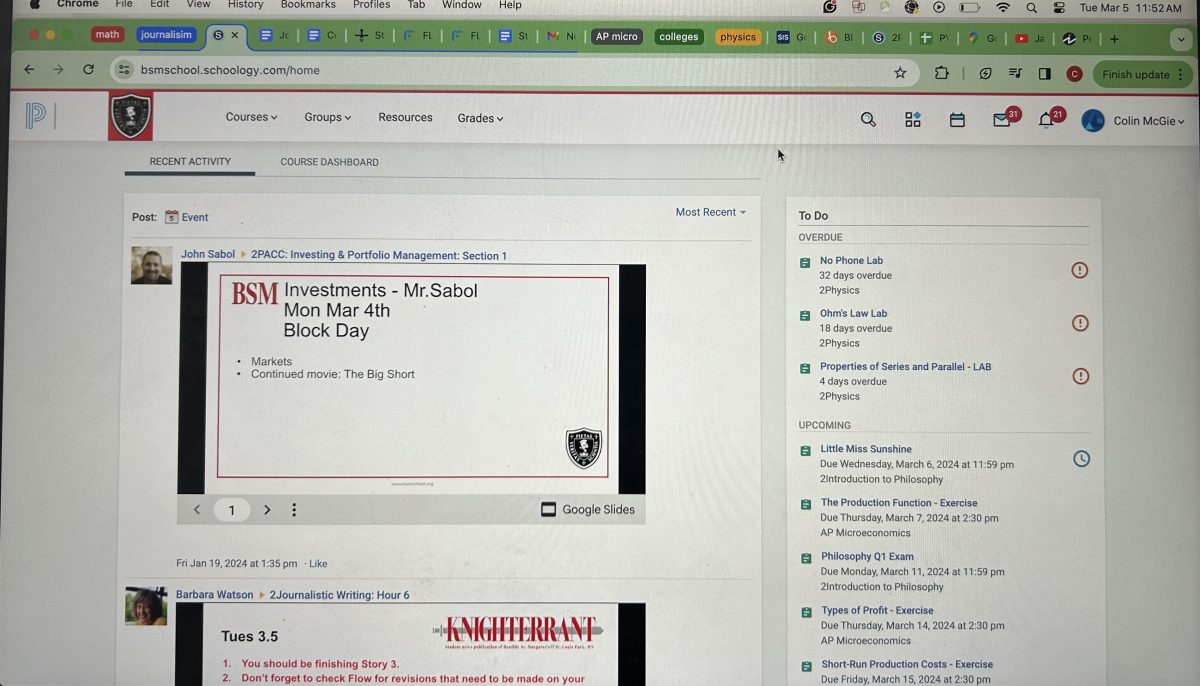

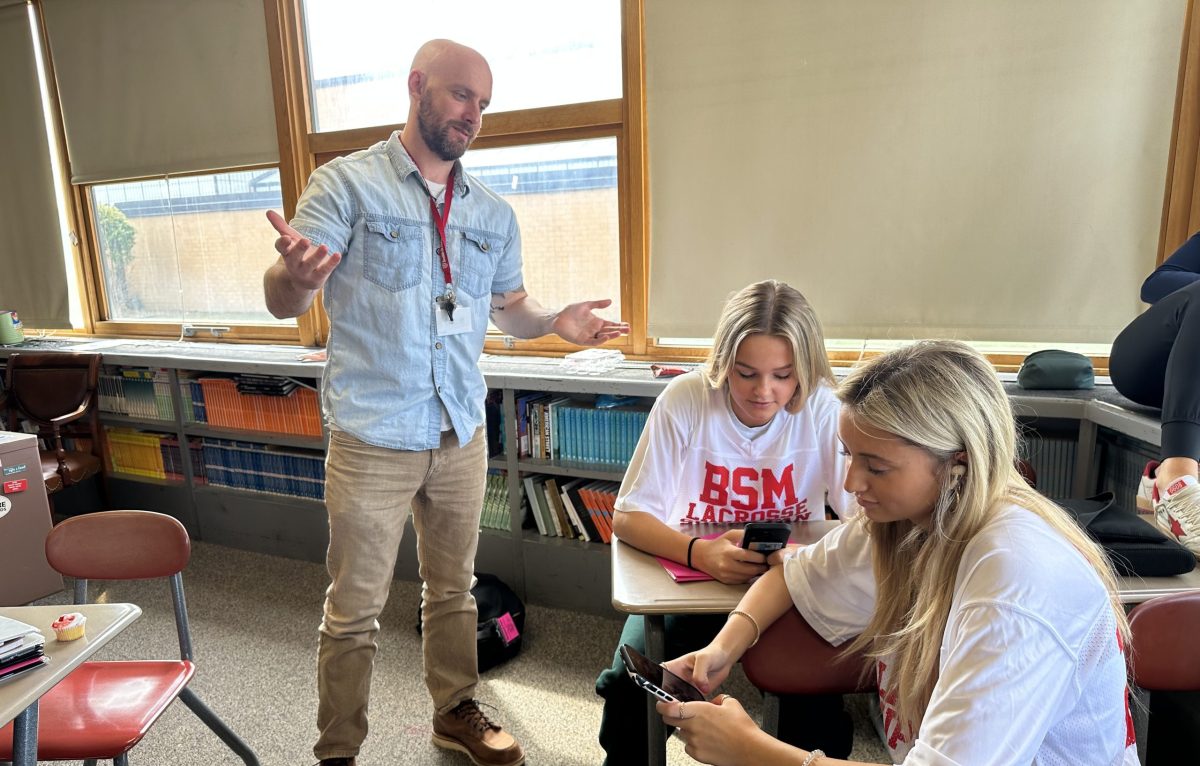






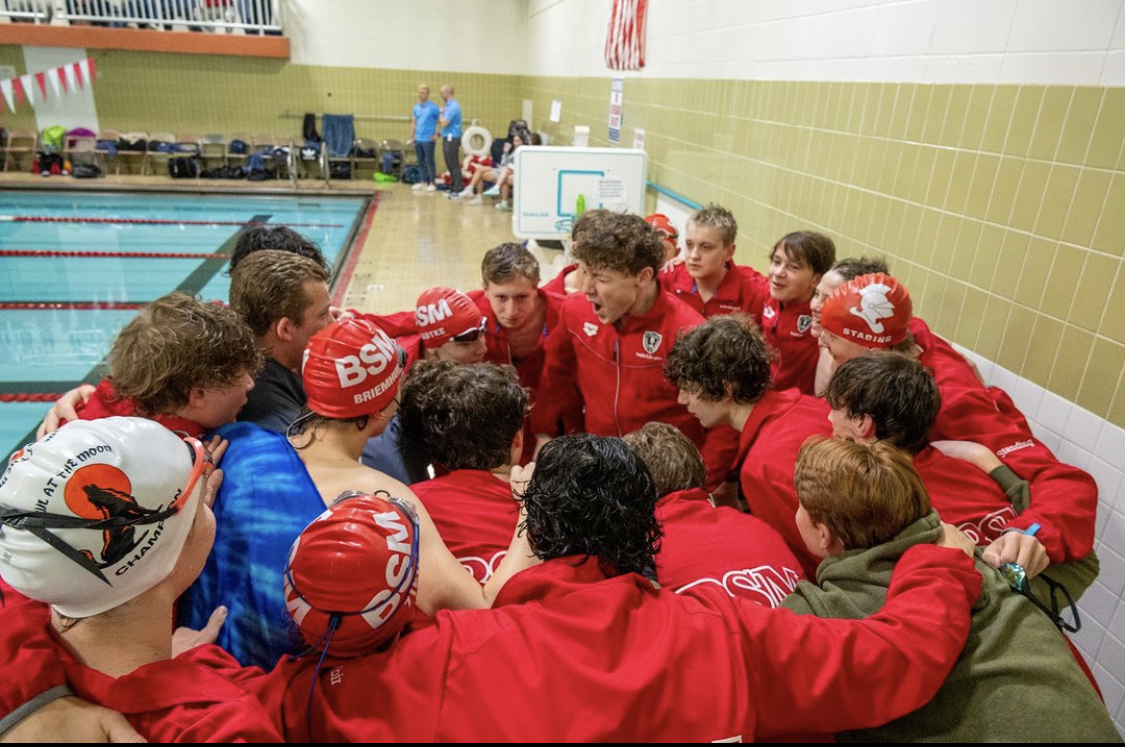



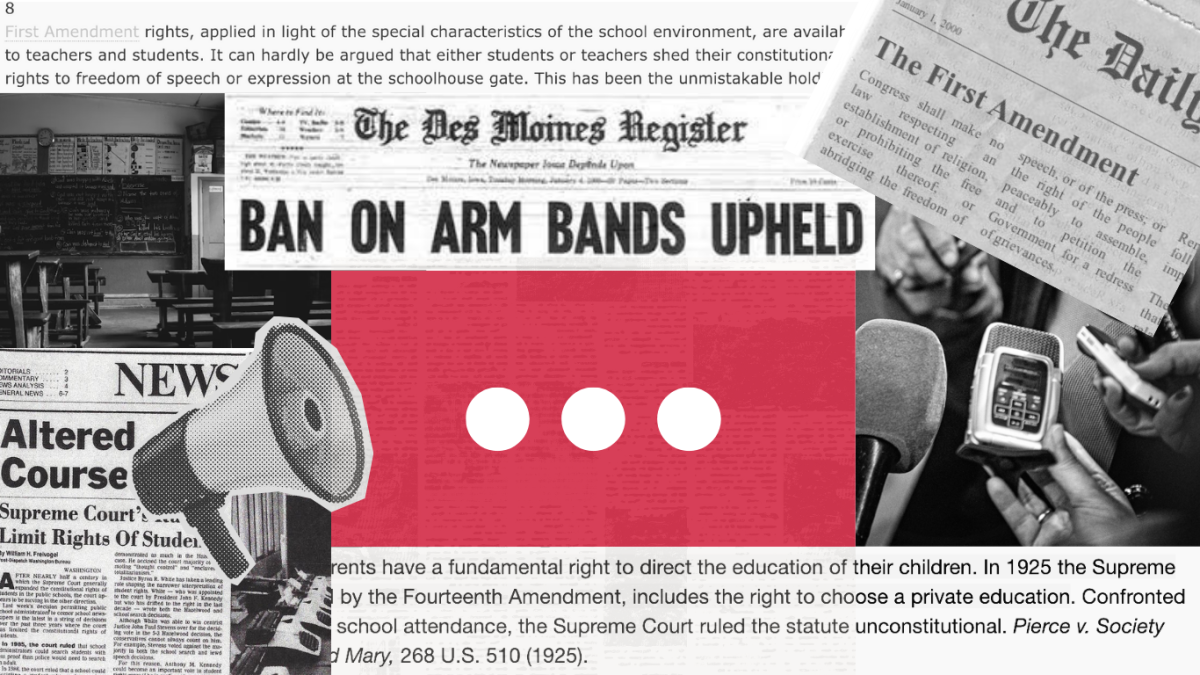
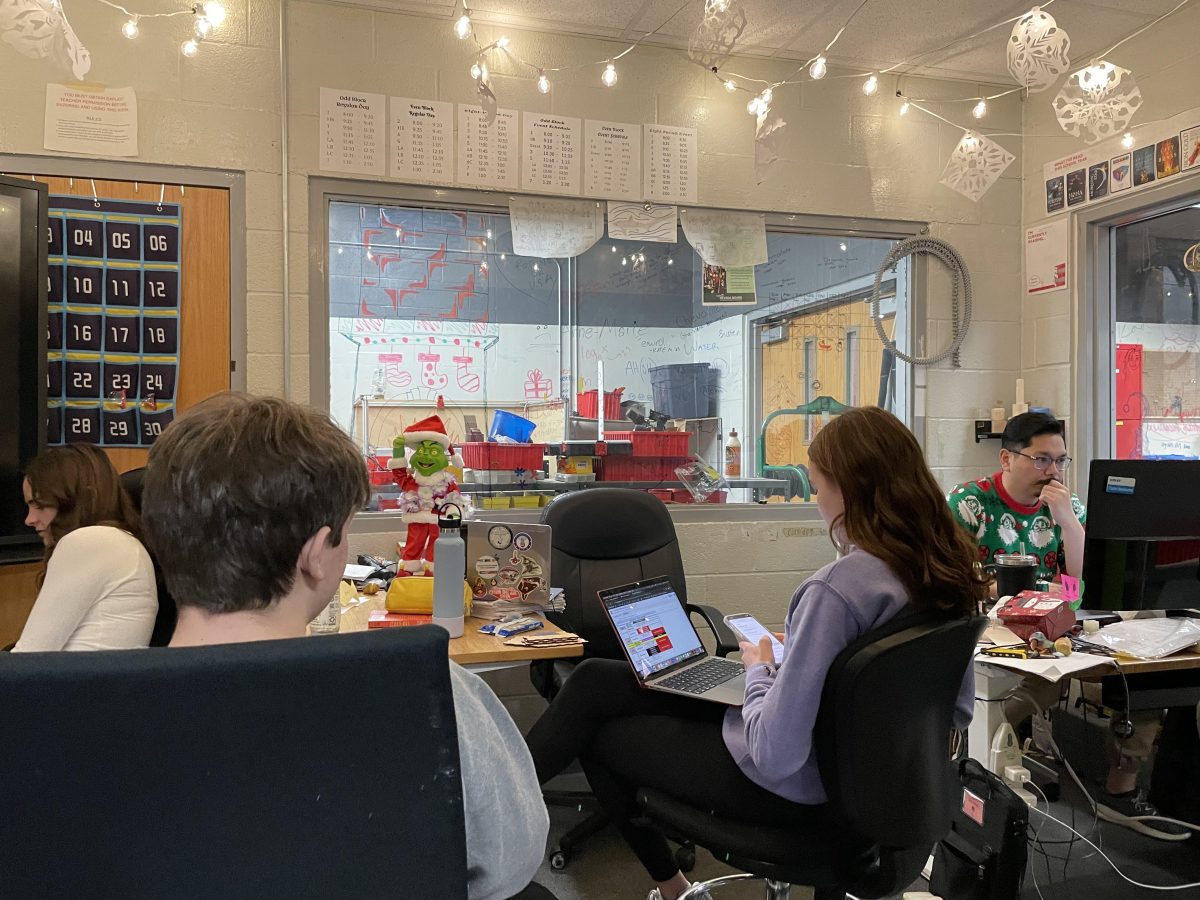


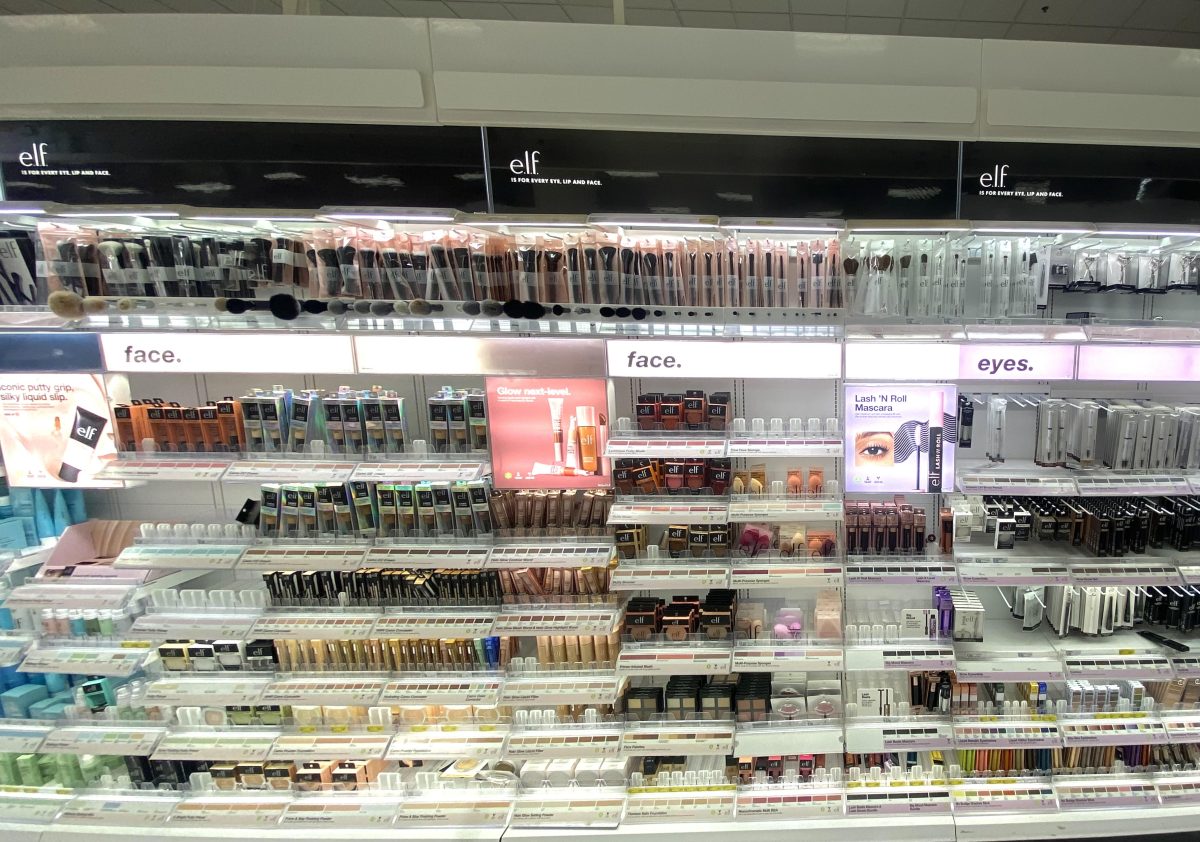
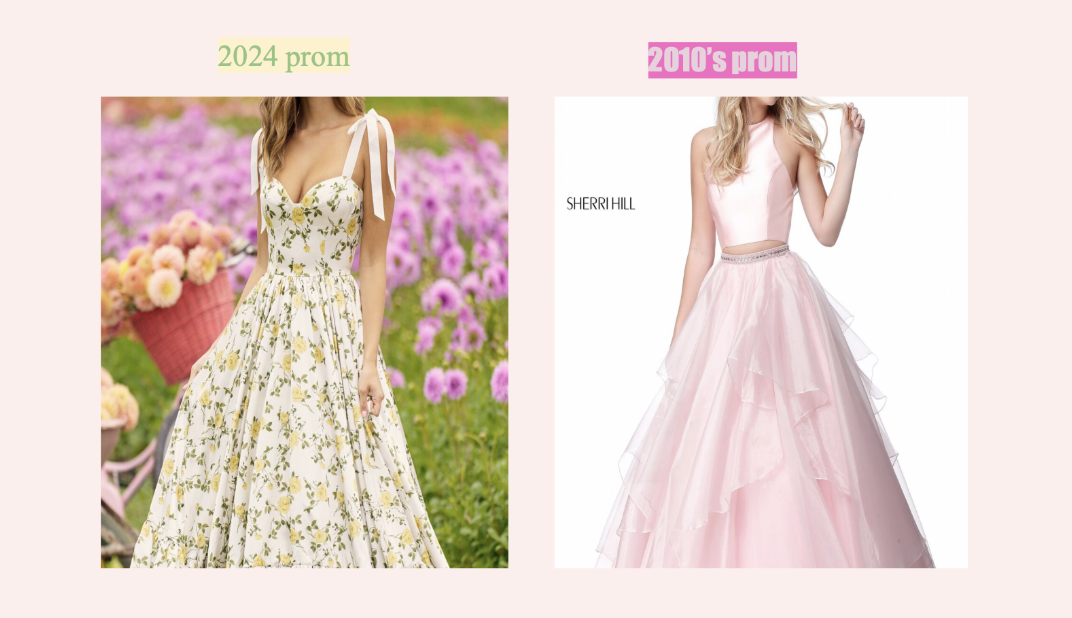

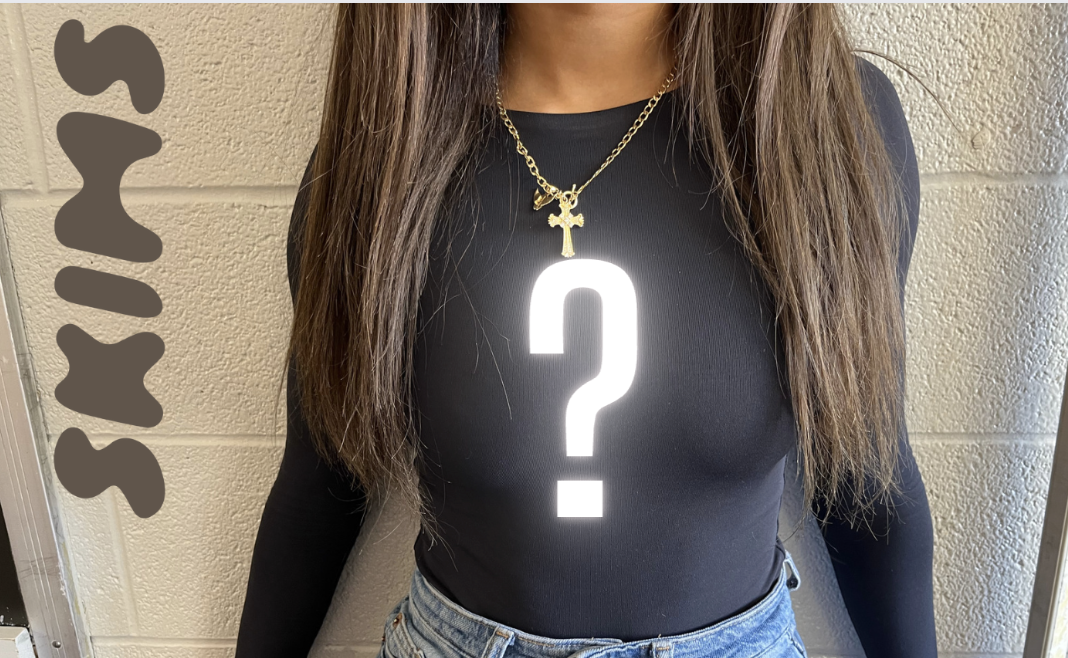












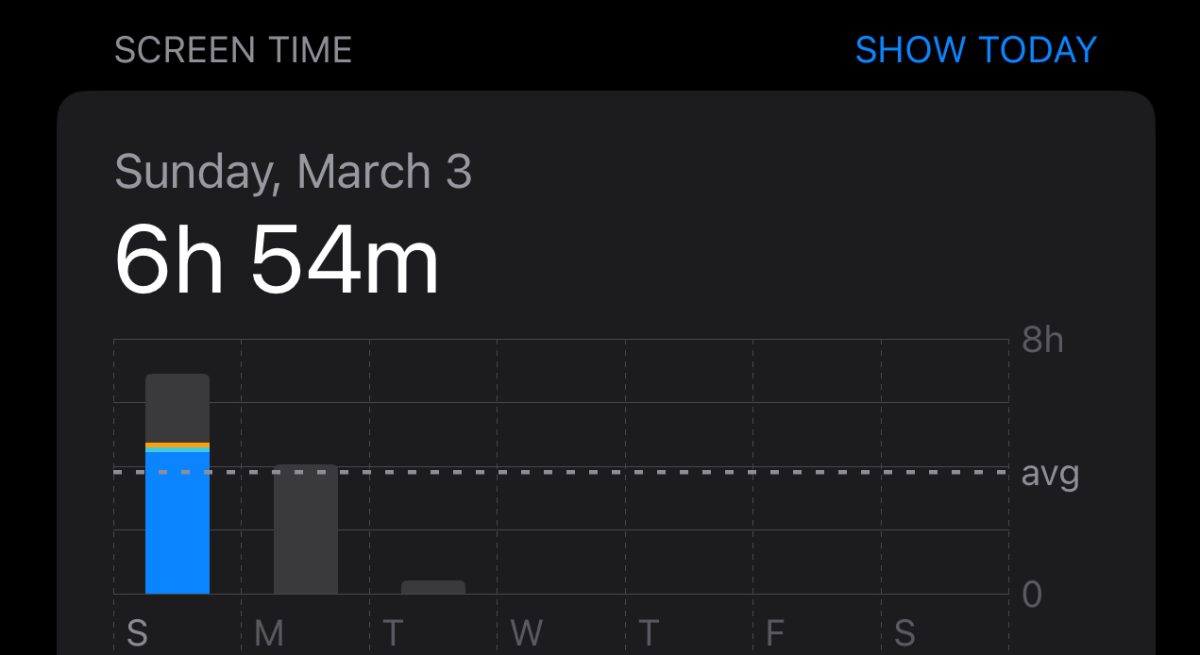
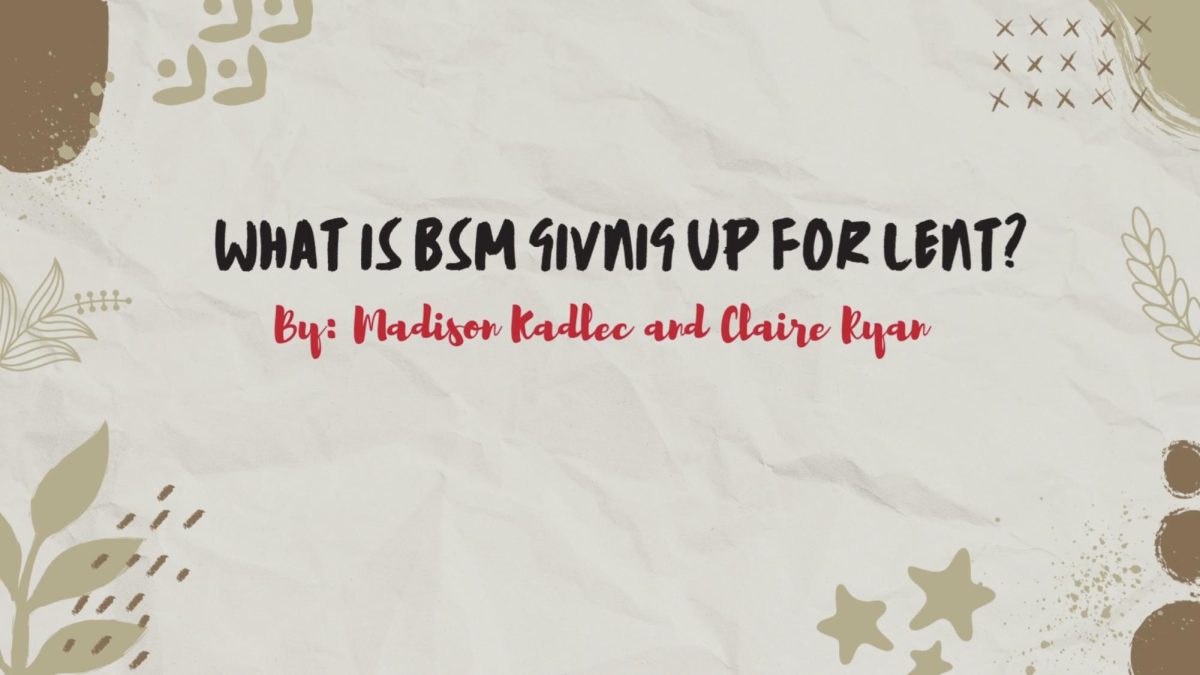



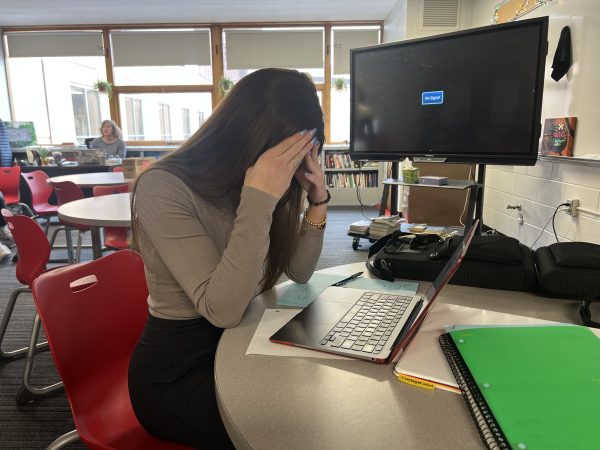

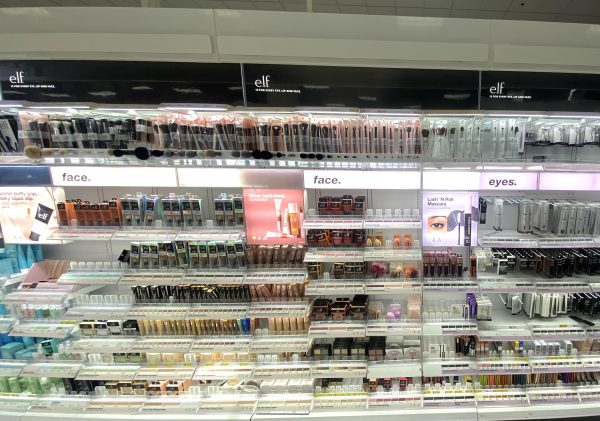
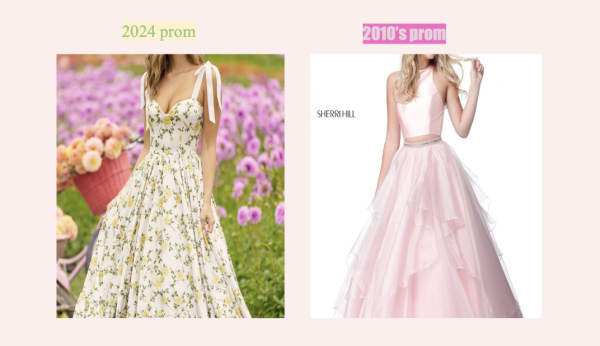


Jay Patnode • Sep 10, 2013 at 11:47 am
This is completely inaccurate , you are looking way to deeply into the song and pulling out illegitimate things. Its just a song
Emily Kline • Sep 9, 2013 at 10:08 pm
Nice job, Sarah! Yeah, Mr. Thicke doesn’t seem like the greatest guy. When asked about all this in an interview, he said, “What a pleasure it is to degrade a woman. I’ve never gotten to do that before. I’ve always respected women. So we wanted to turn it over on its head and make people go, ‘Women and their bodies are beautiful. Men are always gonna want to follow them around.'”
Heidi Hughes • Sep 7, 2013 at 8:38 am
Thank you for this very well written and VERY important article! Well done!
Mick Hawkins • Sep 6, 2013 at 7:55 pm
I really “enjoyed” your article, Sarah. “Enjoyed” in that you took a complicated issue and
wrote a very clear and compelling editorial.
I look forward to more of your writing the rest of the year.
M. Hawkins
Tom Backen • Sep 6, 2013 at 6:42 am
Very well-written and analyzed! It’s great to see someone look beneath the catchy tune and seriously consider what the lyrics (and the video) communicate. Well-done, Sarah!